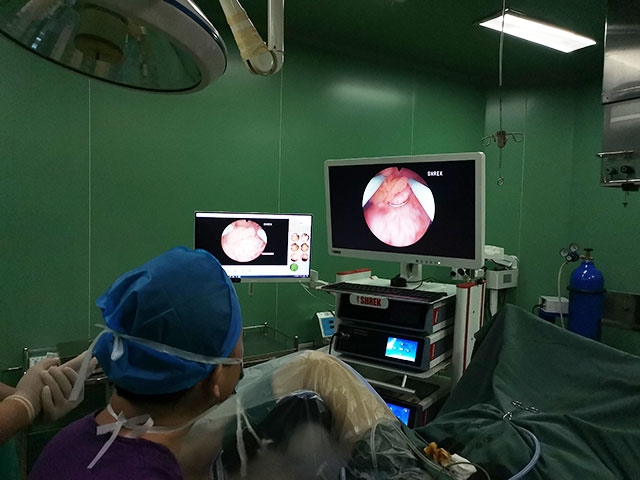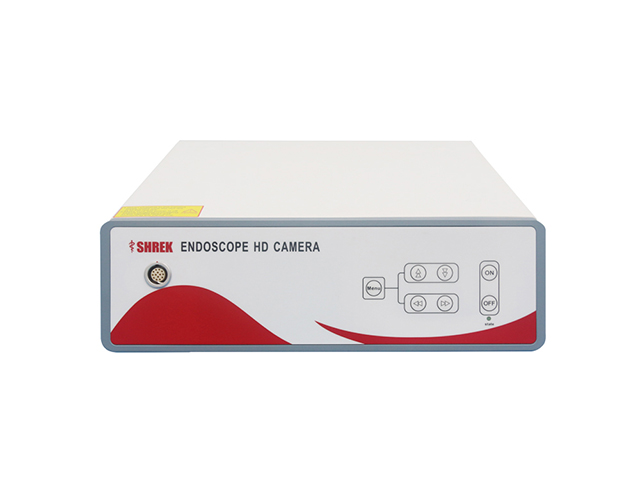SHREK NEWS
The application of laparoscopy in urology surgery

Laparoscopy, also known as minimally invasive surgery or keyhole surgery, has revolutionized many surgical fields, including urology. It is a surgical technique that involves the use of a laparoscope, a long thin tube with a high-resolution camera and a light source, which is inserted through small incisions in the abdominal wall. The camera provides a magnified view of the internal organs, allowing the surgeon to perform the surgery with greater precision and accuracy.
In urology, laparoscopy has many applications, including:
Nephrectomy: Laparoscopic nephrectomy is a minimally invasive procedure that involves the removal of a kidney. It is commonly used to treat kidney cancer, kidney stones, and other kidney diseases. The laparoscopic approach offers several advantages over traditional open surgery, including reduced pain, shorter hospital stays, and faster recovery times.
Prostatectomy: Laparoscopic prostatectomy is a minimally invasive procedure that involves the removal of the prostate gland. It is commonly used to treat prostate cancer. The laparoscopic approach offers several advantages over traditional open surgery, including reduced pain, less blood loss, and faster recovery times.
Pyeloplasty: Laparoscopic pyeloplasty is a minimally invasive procedure that involves the reconstruction of the ureteropelvic junction (UPJ) in the kidney. It is commonly used to treat UPJ obstruction, a condition in which urine flow from the kidney to the bladder is blocked. The laparoscopic approach offers several advantages over traditional open surgery, including reduced pain, faster recovery times, and better cosmetic results.
Adrenalectomy: Laparoscopic adrenalectomy is a minimally invasive procedure that involves the removal of one or both adrenal glands. It is commonly used to treat adrenal tumors, which can cause hormonal imbalances and other health problems. The laparoscopic approach offers several advantages over traditional open surgery, including reduced pain, shorter hospital stays, and faster recovery times.
In general, laparoscopic urologic surgery offers several advantages over traditional open surgery, including less pain, smaller scars, reduced blood loss, and faster recovery times. However, it may not be suitable for all patients, and your urologist will determine whether laparoscopy is the best option for your specific condition.




